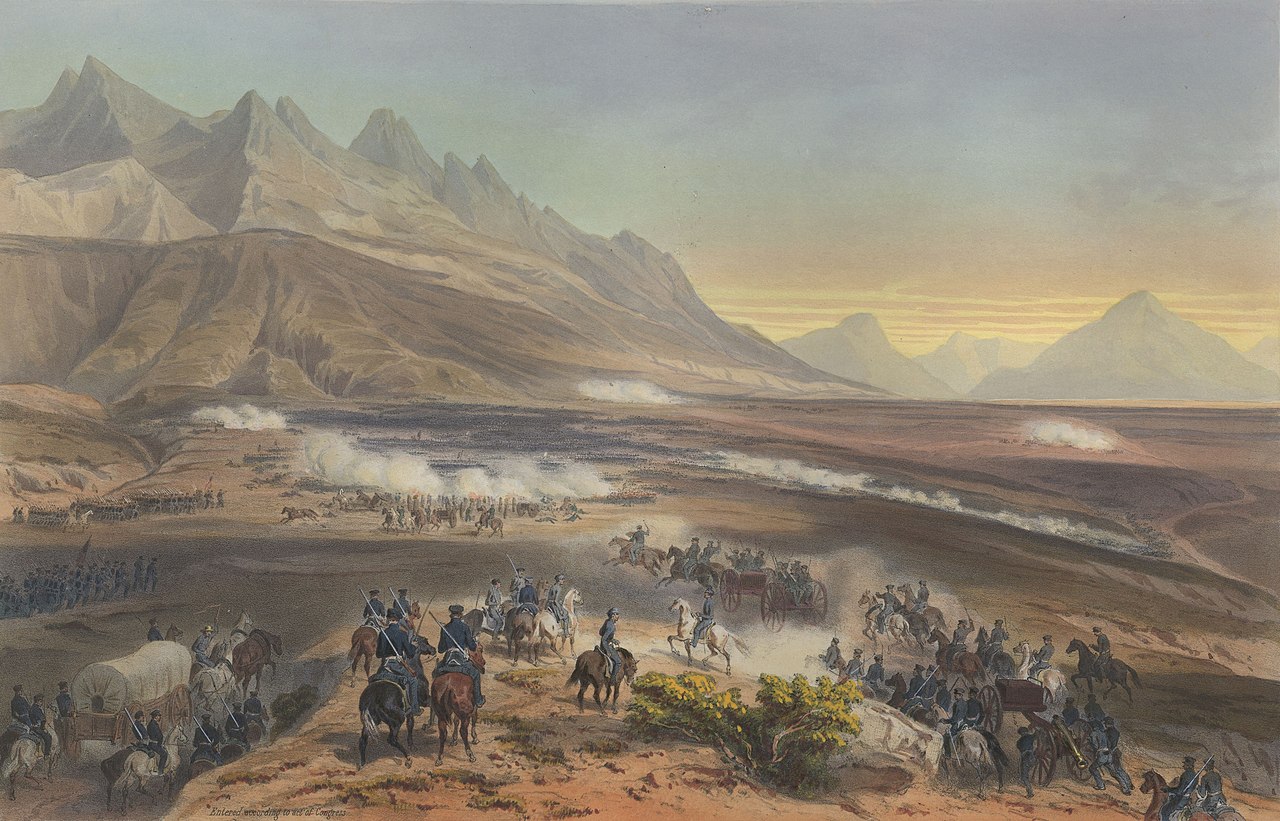Civil War Quiz: What Do You Know About Canada and the American Civil War?
Q#1 – At the time of the American Civil War what was Canada’s political status?
Q#2 – What was Canada’s position on slavery?
Q#3 – Approximately how many Canadians participated in the Civil War?
Q#4 – What was one of the main reasons that influenced England not to recognize the Confederacy as a legitimate government?
Q#5 – The rent Affair began when an American warship stopped the British mail ship RMS Trent on the high seas and seized two Confederate diplomats, James Mason and John Slidell. What action did England take that involved Canada?
Q#6 – What was the Grand Trunk Railway Brigade?
Q#7 – Who was Benjamin Wier and what was his involvement in the Civil War?
Q#8 – What incident occurred on December 1863, involving the new Union tug Chesapeake that was preparing for service in the South Atlantic Blockading Squadron?
Q#9 – Why did a large number of Canadians have a negative view of US President Abraham Lincoln?
Q#10 – The CSS Tallahassee was involved in what incident in Canada?
Q#11 – What was the City of Montreal, Canada’s role in the Civil War?
Q#12 – The St. Albans Raid was the northernmost land action of the American Civil War. Taking place in St. Albans, Vermont, on October 19, 1864. From where was a raid conducted?
Q#13 – Who conducted the St. Albans Raid?
Q#14 – What was the objective of the St. Albans Raid?
Q#15 – What happened to the men who conducted the St. Albans Raid?




